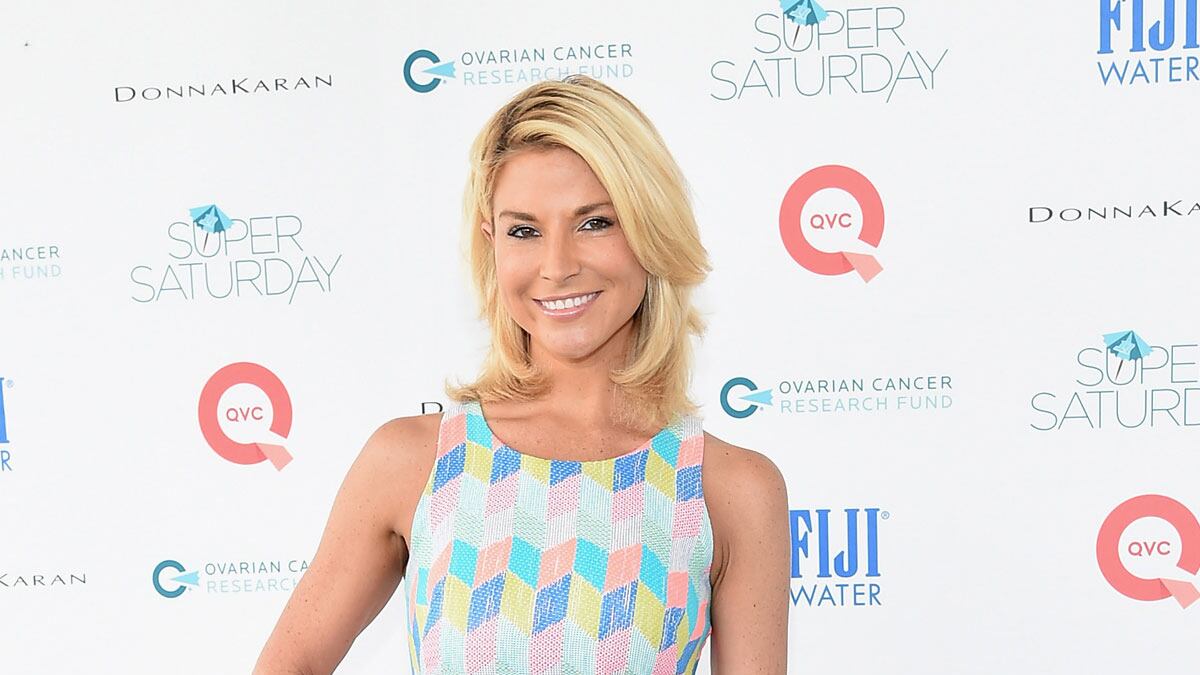For all of the charges that reality TV celebrates the most vapid elements of humanity and creates a grotesque, booze-fueled carnival out of normal interpersonal reaction, the medium can, at the best and worst of times, actually realize its truest purpose: as a voyeuristic lens into the grittiest moments of life.
MTV personality Diem Brown died Friday morning, at the age of 32 after a long battle with cancer, something she spoke about openly and bravely in her many years competing as part of the network’s long-running Real World/Road Rules Challenge series.
She was the most unusual of reality TV personalities, and perhaps because of that, the best kind.
While she imbibed in the blackout-drunk, expletive-laden, sex-crazed debauchery that was the trademark of the Challenge series, she also was outspoken and frank about her experience fighting cancer—and all of the insecurities, hope, shame, weakness, and strength that comes along with it.
In a genre that was founded 22 years ago on the promise that it was time to “stop being polite and start being real,” she was the truest, ultimately tragic, example of that latter mission.
Brown was first introduced to the MTV audience in 2006 when she appeared on the “Fresh Meat” season of Challenge—a series that, for the uninitiated, rounds up veterans of the Real World and Road Rules franchises and ropes them into extreme-sport competitions (bungees and fire are usually involved) while simultaneously shooting their domestic shenanigans in a liquor-stocked house they all share during filming.
It’s Battle of the Network Stars with more tequila, steroids, and sex.
In her first season on the show, Brown opened up about her treatment for ovarian cancer, down to the bleak details about what that treatment entailed: chemotherapy and surgery to remove an ovary, lymph nodes, and part of her fallopian tube. Despite battling the illness, she returned to take part in several other seasons of the Challenge series, including “The Duel,” on which she removed her wig on-camera in a statement of strength for all cancer survivors, at the encouragement of her fellow-MTV-star boyfriend Chris “CT” Tamburello.
(For proof of the highbrow-lowbrow entertainment of a reality series, all you needed to do was watch Diem and CT’s vulnerable heart-to-hearts about her cancer treatments contrasted against their belligerent, blackout fights that are characteristic of the modern MTV reality TV brand.)
Brown appeared on more than five seasons of the MTV Challenges, eventually hosting a special on MTV.com in 2012 about young cancer survivors. But in June 2012, after six years of remission, Brown was diagnosed with cancer again. In a cruel instance of emotional roller-coastering, Brown was told she was in the clear again in February 2013, before being diagnosed with cancer a third time later that year.
On Tuesday, Brown tweeted that her doctors were giving up, and that needed prayers. “Whatever option I have to LIVE I’m grabbing!” she said.
There’s another reality star in the news today. If you have eyes, you’ve seen her oiled-up ass on full display recently, bared proudly on the cover of a magazine. That star, and her ass, is being put forth as a scapegoat for the fall of culture, used as proof for the inanity, despicable-ness, and sexed-up, plastic trash that the reality TV medium has become.
But the genre was never meant to be that way. When MTV first started airing The Real World, it was meant to expose the brutal truth about human nature. There was sex and there was titillating, salacious fun. But there was also reality: storylines about life, death, love, hate, and the highs and lows of human nature.
Brown was good TV. That’s why she was a reality TV star. She was sexy and got drunk and was occasionally belligerent and was alternately the ingénue and the manipulative bitch. But she was also a reminder of why reality TV is valuable.
Her bouts with cancer—all three of them—were inspiring, heartbreaking, and, most of all, real. It was hard to watch, like real life is hard to live. But she was fun to watch, and that was an illuminating thing for viewers of the Challenge series, to realize that cancer patients are not just sickly victims, but vibrant people living ferociously in the real world.
And Diem Brown, she was the most vibrant of them all.






